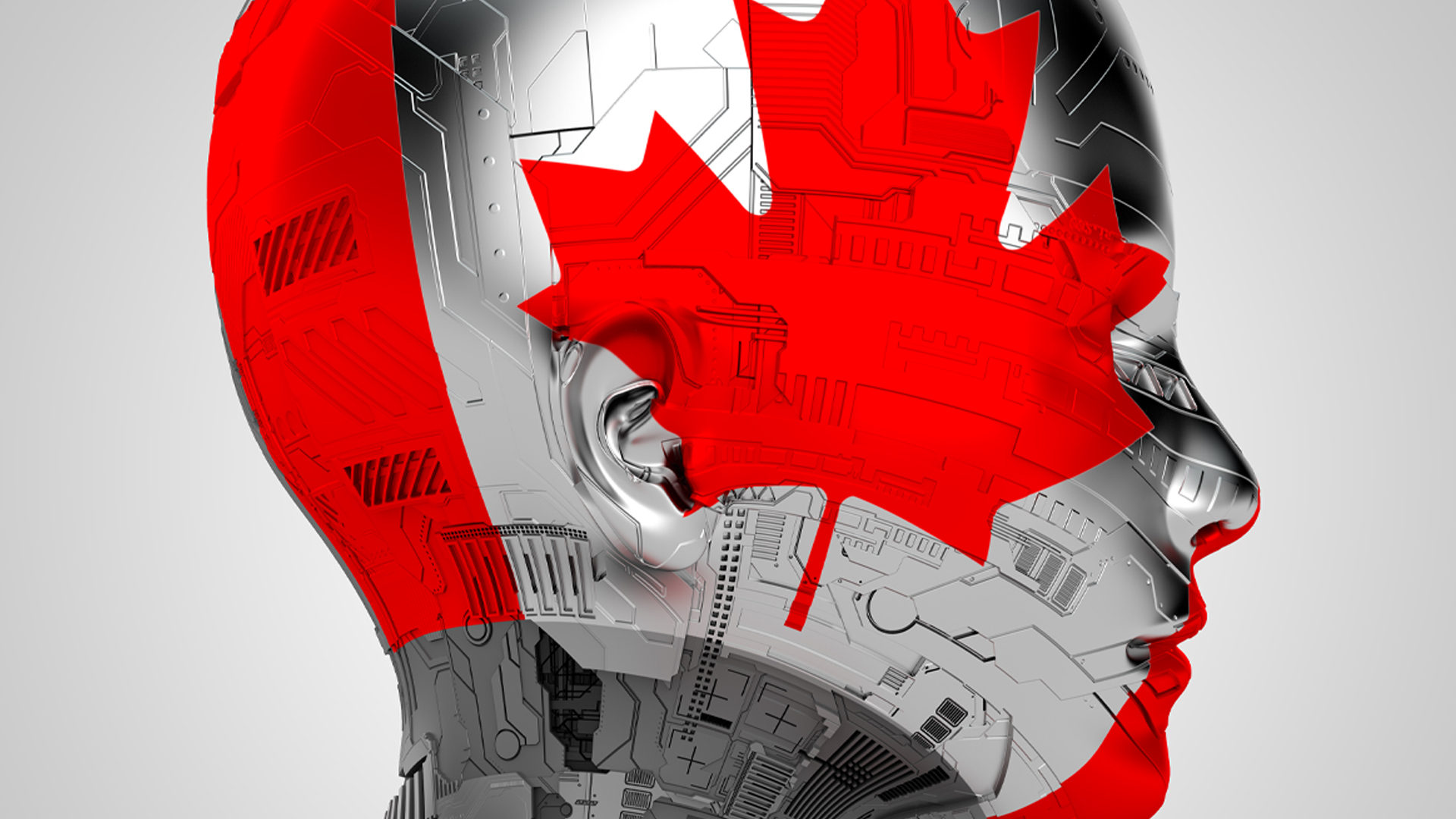
(Version française disponible ici)
ChatGPT took the world by surprise last year, almost as if we had discovered another form of life. Since then, artificial intelligence (AI) has been evolving unchecked, to the point where some are even talking about a “technological Wild West”.
The opportunities presented by artificial intelligence are as daunting as its dangers.
But how should artificial intelligence be regulated? Who should do it? How can we ensure that the companies and individuals who develop and use AI respect ethical principles? Should we legislate now for a technology that we still understand so little about? Is it even possible to do? Does Bill C-27, tabled by the federal government, address these crucial issues? And what role should Quebec and the other provinces play?
These are just some of the questions posed by the series “How to legislate on artificial intelligence”, which presents five texts exploring these and other issues, taking stock of the current situation and suggesting avenues for consideration by governments, industry and the public debate in general.
The authors are seasoned experts, many of whom sit on global committees on AI, including ethicists Jocelyn Maclure and Alexis Morin-Martel, professors Céline Castets-Renard and Anne-Sophie Hulin, University of Ottawa vice-dean Jennifer Quaid, and constitutionalist and former minister Benoît Pelletier.
Read more in this series:
- The ethics of artificial intelligence await the law, by Jocelyn Maclure and Alexis Morin-Martel
- The time for a law on artificial intelligence has come, by Céline Castets-Renard and Anne-Sophie Hulin
- The risk of waiting to regulate AI is greater than the risk of acting too quickly, by Jennifer Quaid
- Who has jurisdiction over artificial intelligence: Ottawa, or the provinces?, by Benoît Pelletier
- How to legislate on artificial intelligence in Canada, by Céline Castets-Renard and Anne-Sophie Hulin
THE IRPP IS HOLDING A (FREE) WEBINAR ON ARTIFICIAL INTELLIGENCE ON OCTOBER 5 AT 1 P.M. ET
Click here to register for this event, which will be held in French.












